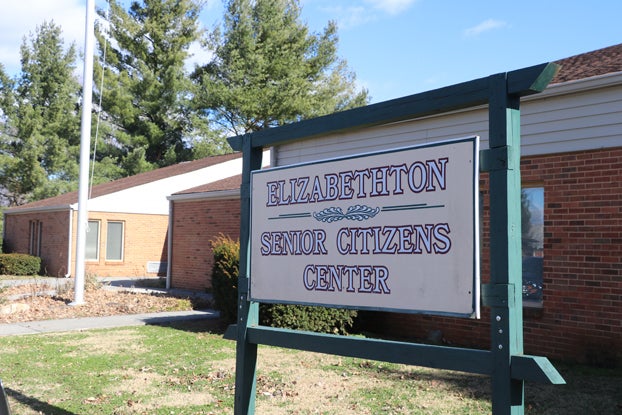Board seeks prescription to cure insurance coverage hiccup
Published 8:07 am Friday, September 5, 2014
Compliance with a federal healthcare law was the major focus of a Carter County Board of Education workshop meeting on Thursday.
Last month, members of the board learned during a workshop session the school system was not in compliance with a provision of the Affordable Care Act and that changes to the school system’s insurance plan are needed.
“We are not in compliance with ObamaCare and the Affordable Health Care Act with regards to a discrimination policy,” said Director of Schools Kevin Ward.
One of the Affordable Care Act provisions requires employers offering health insurance to make the same insurance plans and rates available to all full-time employees. The school system’s current health insurance plan structure doesn’t meet that requirement: Employees classified as “professionals” – such as teachers and administrators – have a portion of their family coverage plans paid for by the schools system while employees classified as “para-professionals” do not receive that subsidy toward family plan coverage.
“That’s where the discrimination came in,” said Carol Whaley, the system’s director of special education. “We were offering a plan to one group of people for one price but another group of people for a different price.”
After the August workshop, adminstrators began looking at the health insurance plans offered by the system and how they can be changed to come into compliance but still offer the best benefits to the system’s employees.
“We’ve been working this now for at least a month, possibly more,” Whaley said. “What we are bringing to you is what we feel is the best plan for the system.”
The proposed plan is to offer three different levels of coverage to employees with the base plan being a “limited” plan which would be supplemented by gap coverage insurance. If an employee of the system selects the limited plan with gap coverage the school system will pay all costs for the employee’s insurance, but the employee would have to pay additional premiums to add family members to the plan.
Standard and Partnership plans, like those currently offered by the system, would still be available to the employees, but employees would have to pay a portion of the insurance premium for those plans.
Whaley said the limited plan has a higher deductible and higher co-pays but added the gap coverage supplemental insurance would pay toward those costs for those on the plan.
Both Whaley and Ward said they have talked with other school systems in Tennessee which have elected to offer limited plans with gap coverage and have heard very positive feedback about the insurance, how it pays and how the employees feel about the plans.
“People we have talked to said they have really had no out of pocket expenses once the gap insurance kicked in,” Whaley said.
Ward said some of those he had spoken with said the combination of the limited plan with the supplemental insurance had saved them more money than the traditional plan they had previously been on. He said if the Board approves the proposal he will try the limited plan with gap coverage himself to see how it works, adding employees are only locked into whichever plan they choose for one year; if they do not like the plan they can switch plans at the next open enrollment period.
The Board will discuss the proposal and possibly vote on it during its regular monthly meeting on Sept. 11.
“We need to act quickly on this because open enrollment is coming up in October,” Whaley said.





